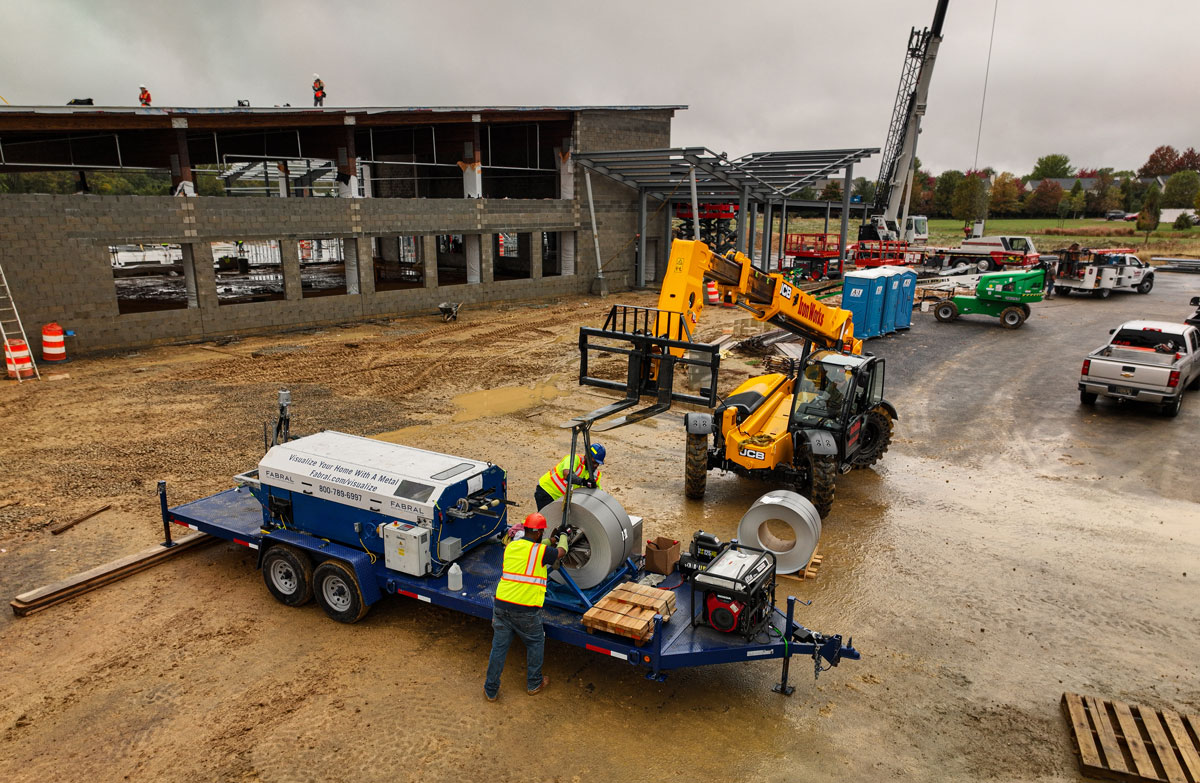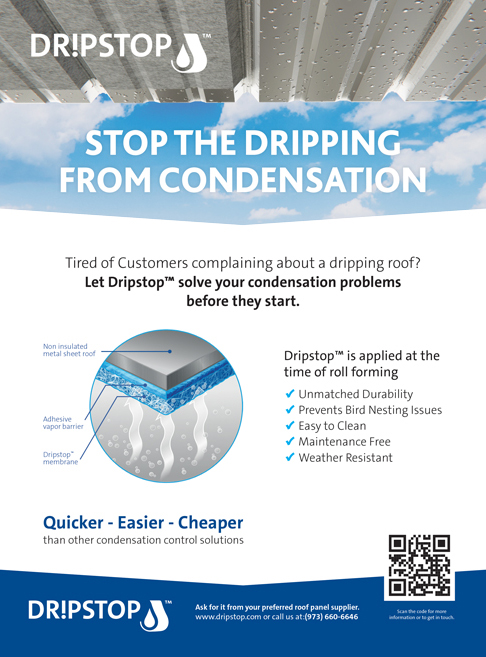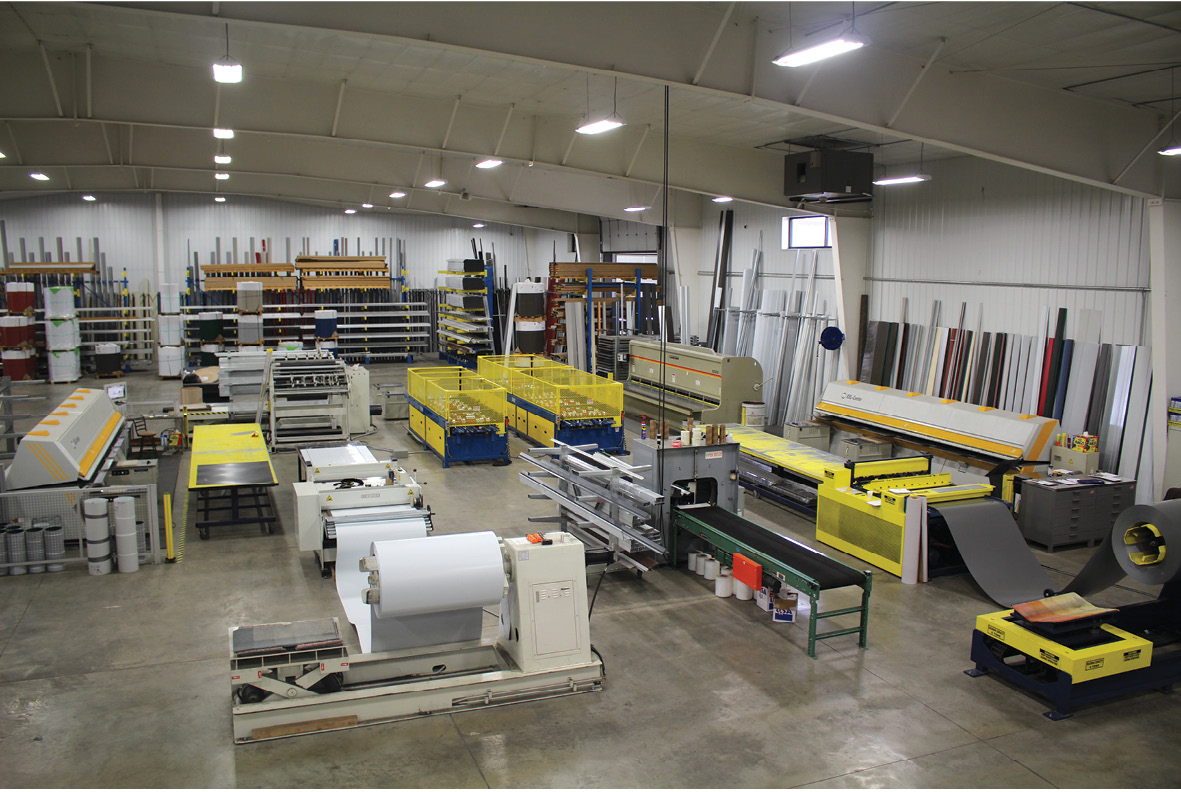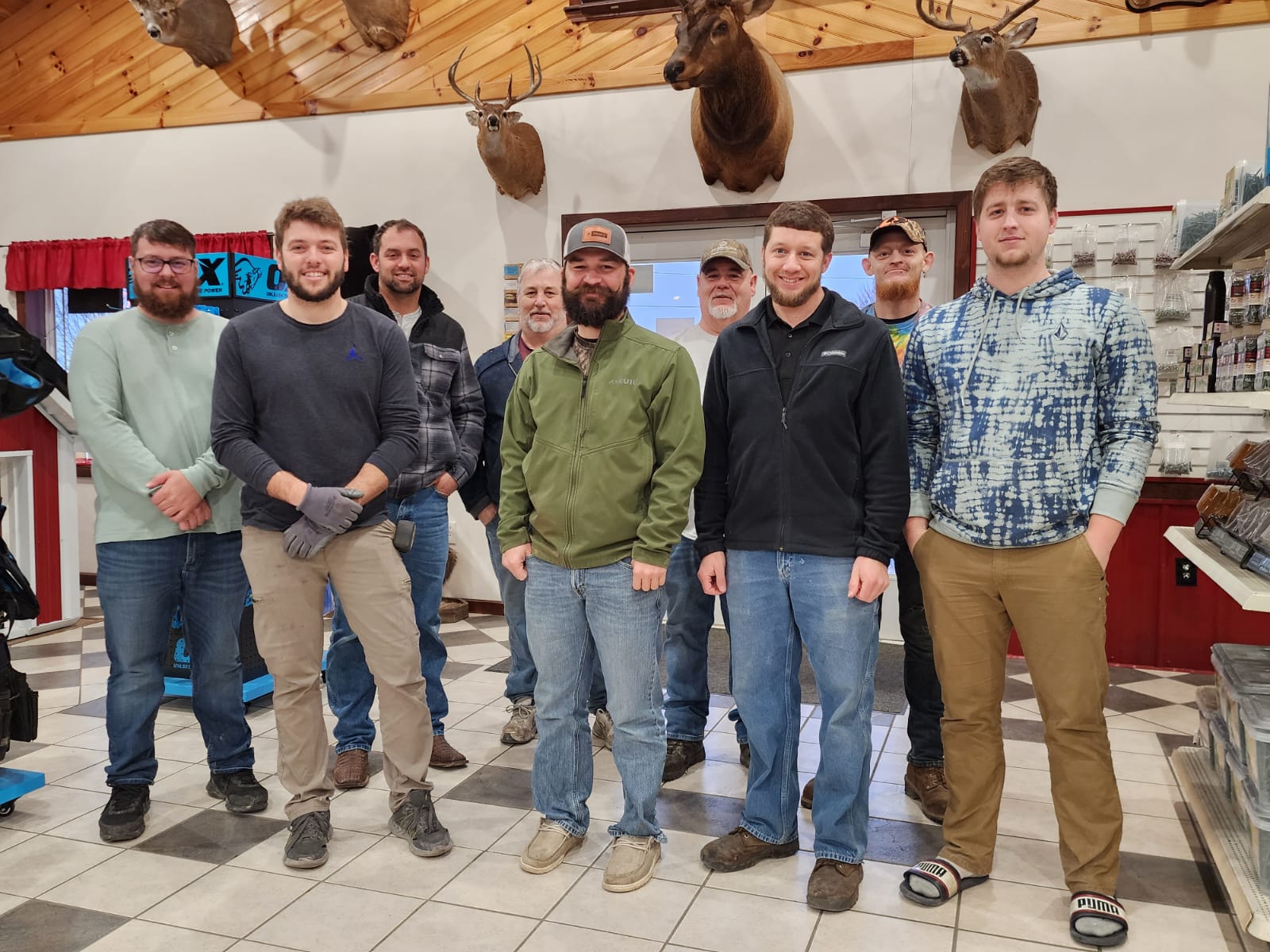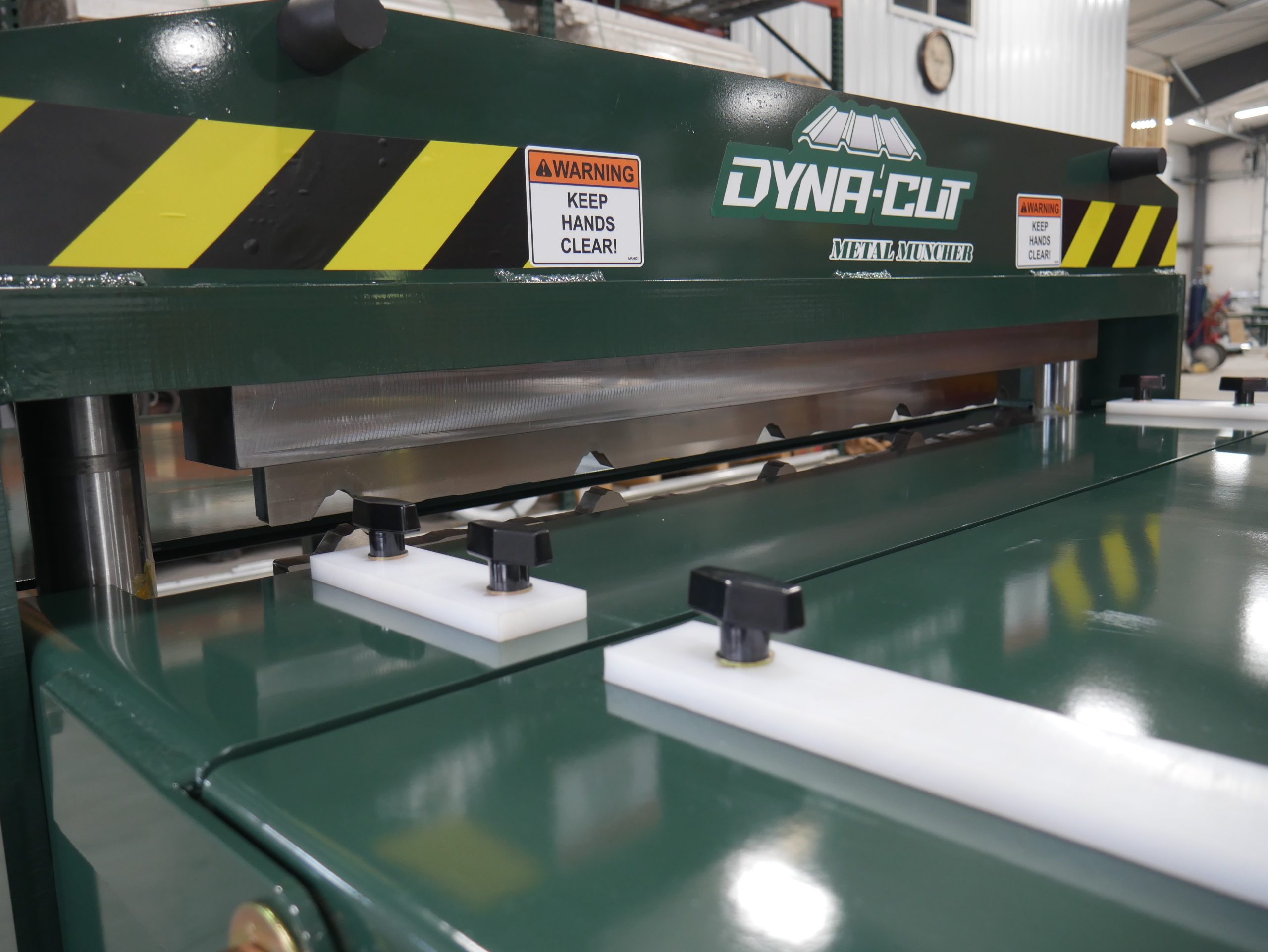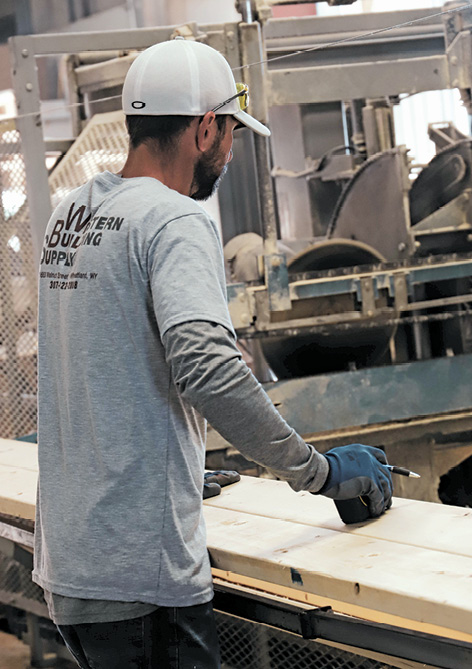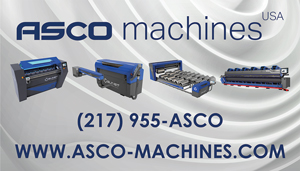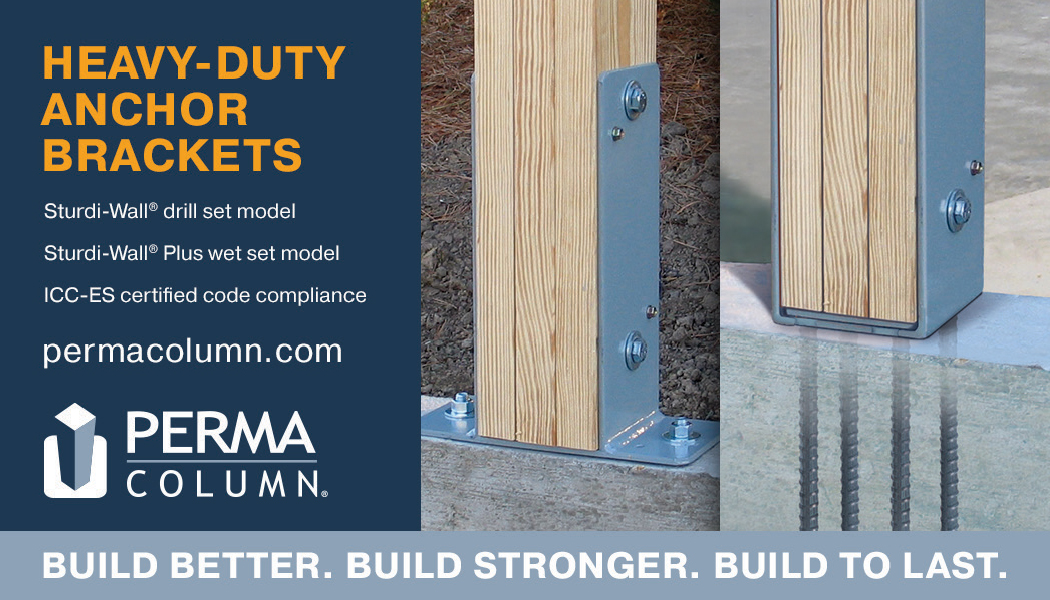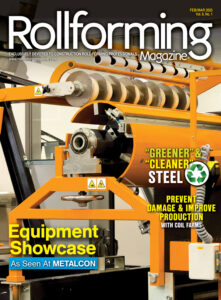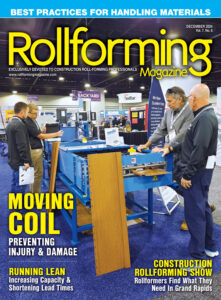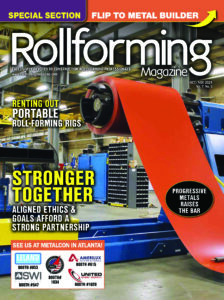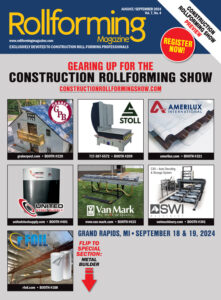By Linda Schmid
The steel marketplace was a mature industry in 2010, one that hadn’t changed much in years, and then along came Jeremy Flack. With a background in banking, Flack brought a new mindset to the traditional steel service center model.
Getting Established
In the beginning, the company was called Flack Steel, and it was focused on one product: hot rolled steel. They procured steel for a few customers; a great start, but of course, growth requires diversification. Further, they had only a handful of partnerships with steel producers across North America, missing out on other opportunities across America and across the globe.
Senior Vice President of Business Development Brian Williams was one of the first employees. He said the company grew incrementally, starting in two tiny, temporary offices in Cleveland, Ohio, then adding a third, getting larger week by week, month by month. In the fall of 2010, they moved to an historic office building, customized for their new company in downtown Cleveland.
The company continued to grow slowly, methodically through sales. Then in 2013 Jeremy Flack met Ben Bucci, and they found that their mindsets clicked, and their companies complemented each other. GlobeNet, Bucci’s company based in Scottsdale, Arizona, was an asset-light service center providing the same type of service as Flack to different customers with a wider product range. The companies merged, instantly doubling the client base, and extending the supplier partnerships across the country and beyond.
That was the first of several mergers, always growing, extending their reach and their product line, and making the company stronger. Over the next few years, they acquired Consolidated Metal Products and merged with Kenwood Painted Metals, ultimately rebranding the company as Flack Global Metals (FGM).
Fabral Metal Wall and Roof Systems, a manufacturing company, is one of FGM’s latest acquisitions and the first company in the Flack Manufacturing Investments (FMI) division, which was established in 2023.
“It’s exciting,” Williams said. “For fourteen years, we successfully distributed steel. Now, we are using some of that steel to create something solid.”
Not Just Another Steel Service Center
Williams has been with the company from the beginning. “In 2010,” he said, “when we talked about opening a steel service center, the industry was underwhelmed; there were a lot of steel service centers.”
However, the team was confident that the industry would soon see that this steel service center was different. “What differentiates us from the competition,” Williams said, “is that we manage the volatility of the steel market for our customers. It’s where the physical meets the financial,” he added.
“Our customers are good at making a product. We let them focus on that while we focus on what we are good at: managing the price risk,” Williams said.
Managing price risk in the steel industry includes various financial strategies involving futures and options contracts. “These activities can smooth out much of steel’s price volatility and allow people who rely on steel purchases for their business to sleep peacefully,” Williams said.
The Company Today
The company deals in steel and aluminum, though steel is the primary sales generator. They procure steel from all the North American mills, as well as producers in Europe and Asia. Headquartered in Scottsdale, Arizona, they have four offices across the USA, with a physical processing location in Houston, Texas. The company opened an international office for its fourth division, Flack Metal Trading, in Switzerland this year.


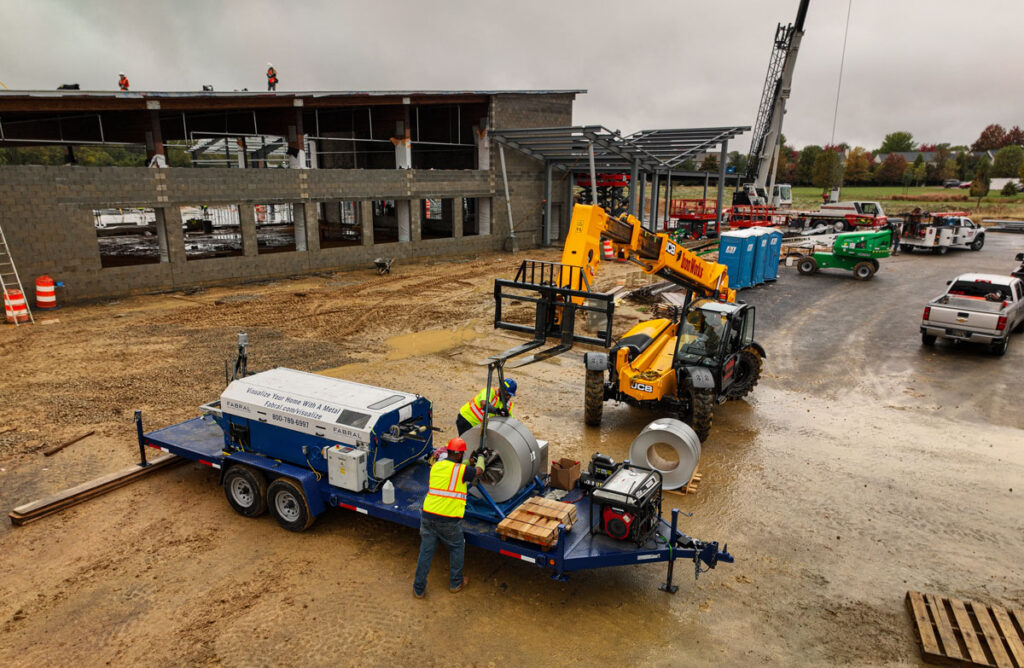
Fabral Metal Wall & Roof Systems
at work.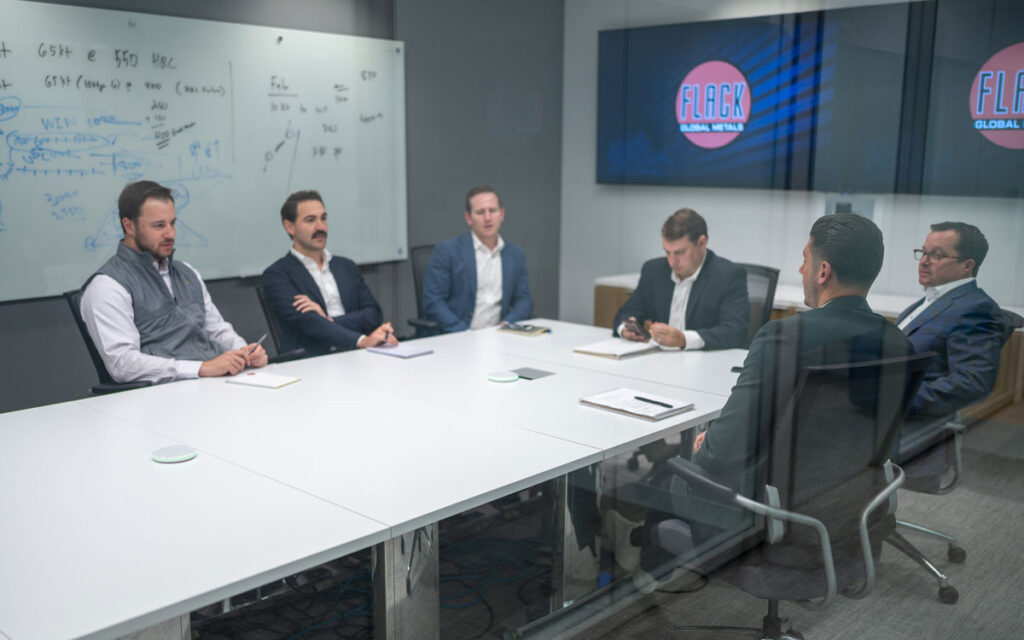
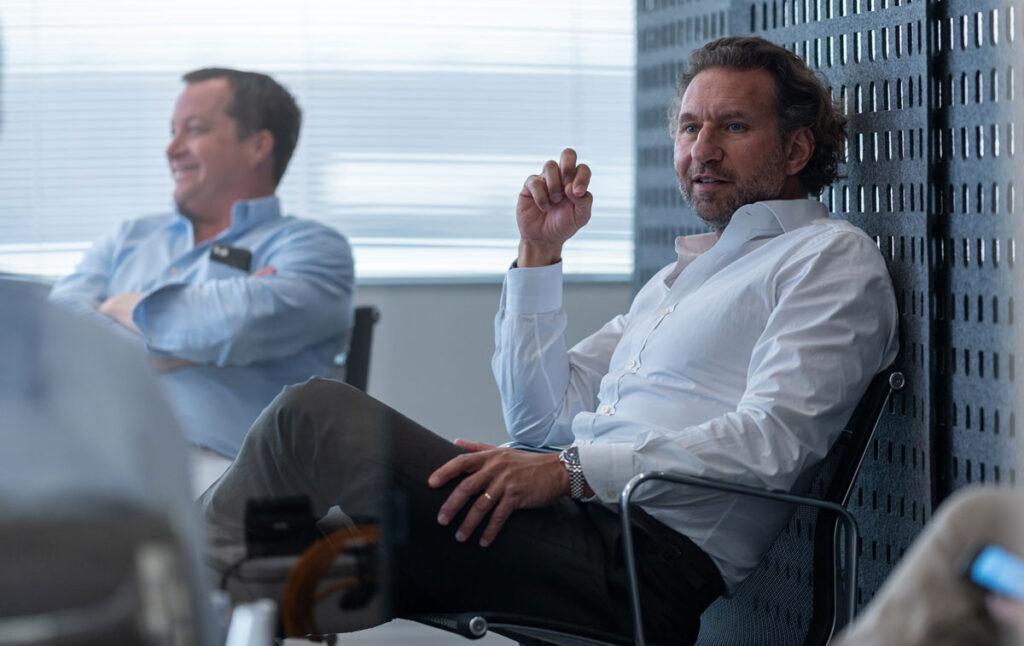
Their customers are located across North America and increasingly in Europe. They mainly service the construction industry; the steel is used for rollforming, metal roofing, decking, doors, purlins, HVAC, and more.
Three employees started the business, and now the distribution portion alone employs 80. Altogether the companies under the Flack Global Metals brand have over six hundred employees.
How, in the limited pool that is today’s work force, did Flack manage to assemble such a large and successful team, over about a decade and a half? Williams attributes it to the company’s culture.
Core Values Create Culture
Williams said the culture is based on their core values: transparency, relentless learning, affinity for risk, resilience, persistence, and thoughtful disagreement. The majority of these values speak for themselves; most successful people would recognize their worth. However, thoughtful disagreement may seem unusual. Williams explained that when smart, ambitious people work together, there are bound to be differences of opinion. Respectful investigation of differing points of view can glean some of the best ideas.
These values were inherent to the company from the start; the founding members used them to guide the fledgling company and they use them today.
People who are considering joining the company have usually heard of the company’s reputation, that they are a company that does what they say they will do. Williams added that ambitious people appreciate FGM’s strong history of promoting from within.
Keys to Business Success
First, you need big ideas, Williams said, and you need to move forward with confidence. Just ignore the naysayers. Adaptability and optionality also play their part in success. “If you don’t adapt to changing times, then life – and customers – may just pass you by,” he said.
Optionality, Williams continued, is being prepared to make use of opportunities that come your way. For example, if you are over-leveraged, then you will be unable to take advantage of a great deal.
Finally, focus on how you add value to a transaction. In this case, FGM reduces price volatility, provides inventory management solutions, and more while they distribute steel or aluminum to their customers.
From William’s viewpoint, “If we are not adding value to a transaction, then we should not be involved in the transaction.”
Looking Forward to the Future
William sees continued growth through mergers and acquisition in the future via FMI, the company’s investment arm. FGM is working to drive change within the industry by reinvesting in it and implementing strategies to help member companies excel in the volatile steel market landscape. He believes that organically they are just hitting their stride on the distribution side. RF


